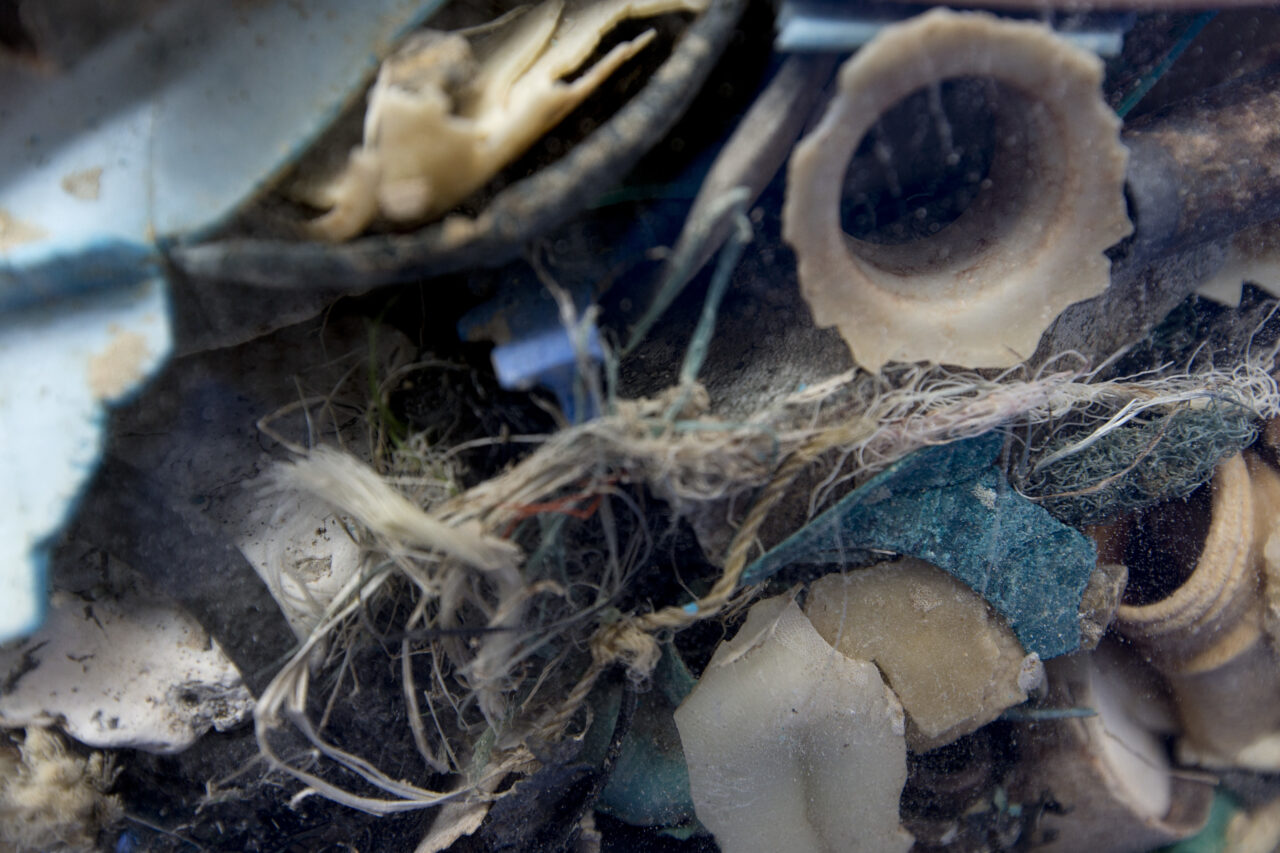
A massive accumulation of garbage is floating around in the Pacific Ocean and has become a home for species such as anemones and crabs. A new floating ecosystem has emerged, according to researchers.
The Galapagos Marine Reserve provides protection to close on 200 thousand square kilometres of our ocean. It lies 900 kilometres from the mainland and is not on any busy shipping lanes or industrial fishing waters yet, researcher, Jen Jones finds micro plastic in the water throughout the reserve.
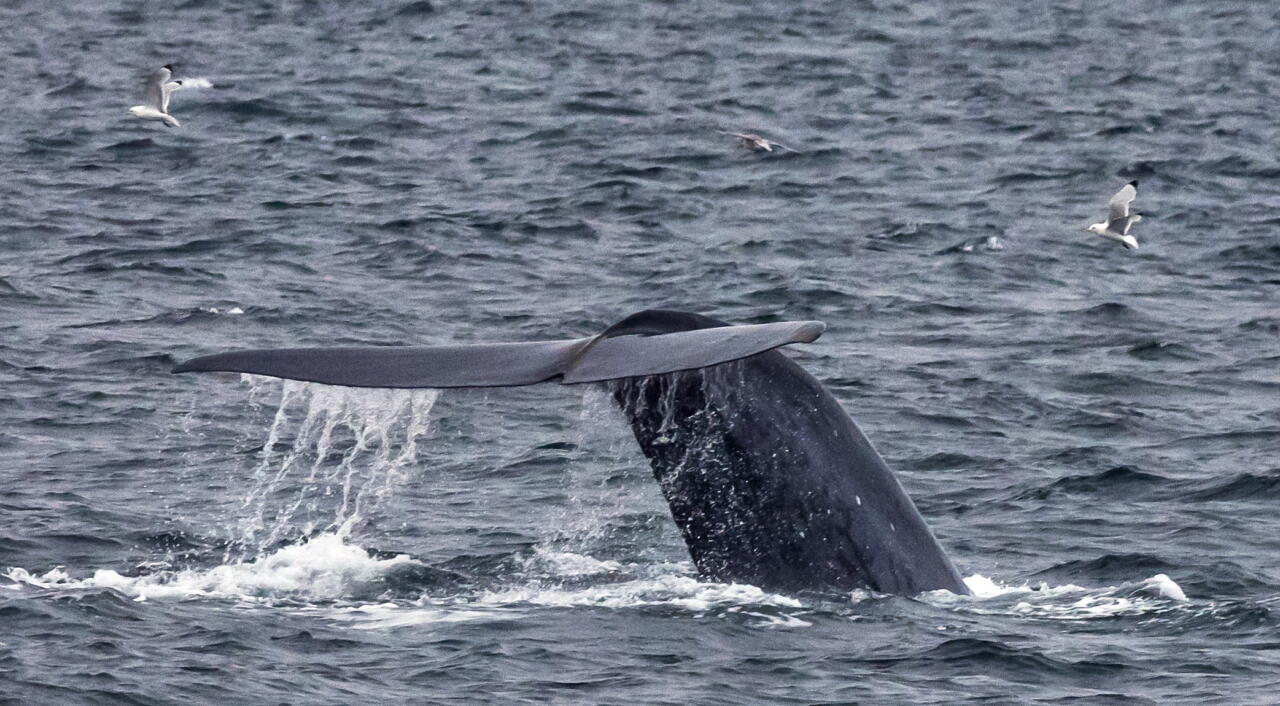
Blue whales ingest up to 10 million pieces of microplastics per day, according to estimates in a study. This suggests that the pollution poses a greater danger to the world's largest animals than previously thought
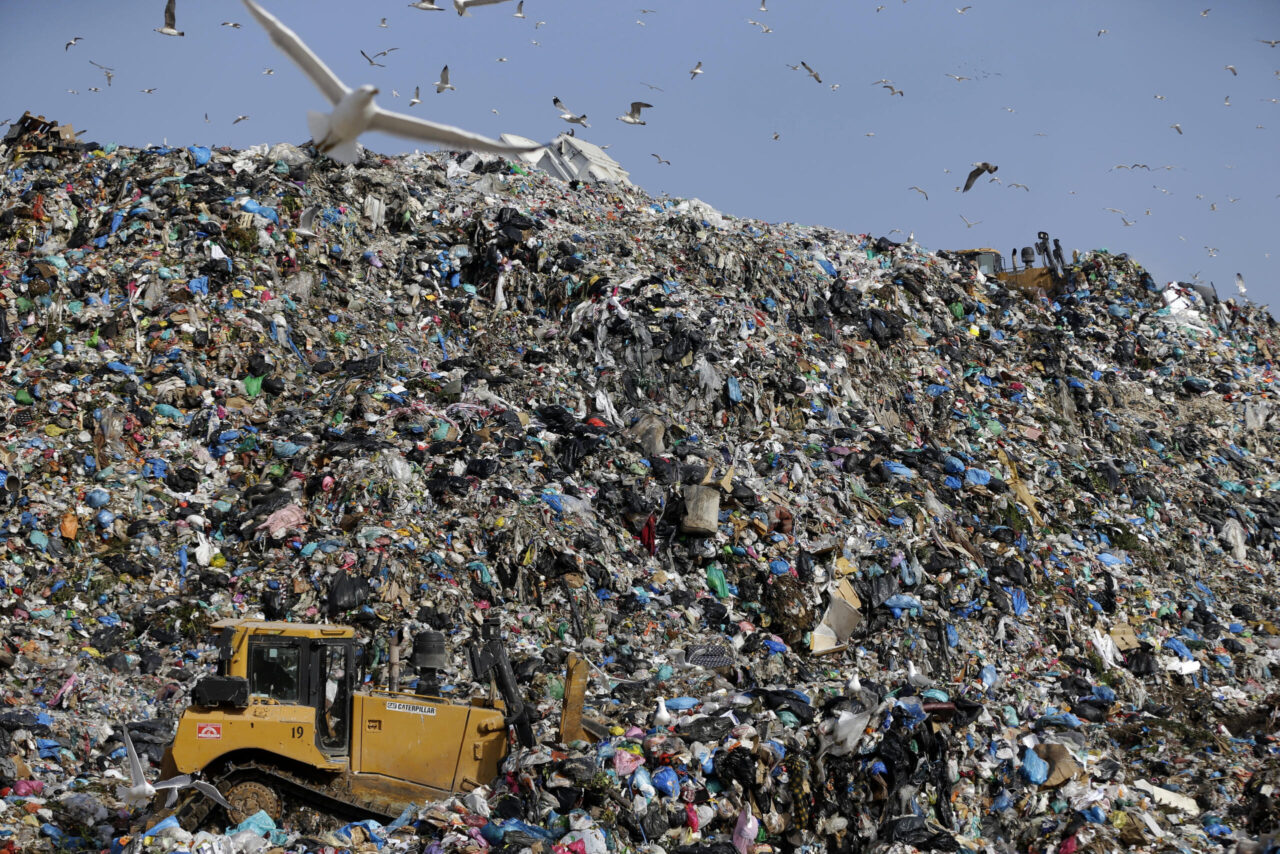
UN member states agree to develop a legally binding agreement to stop plastic emissions
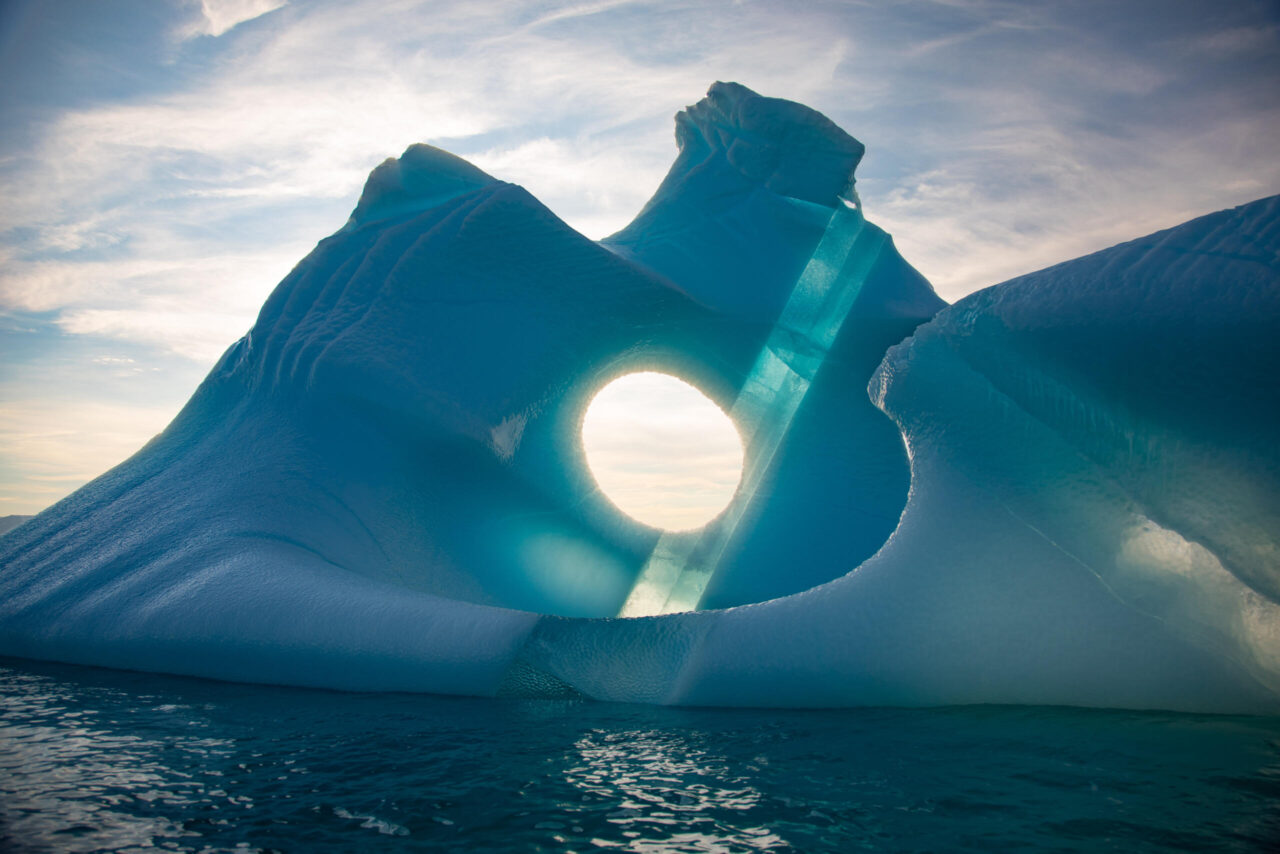
Plastics in various forms in the sea, and their effects on the environment, have been the subject of much research and debate. But nanoplastics - pieces so small we can't see them with the naked eye - are less well known. A research team that has investigated these particles can now conclude that plastic has been in the polar ice cap for a long time
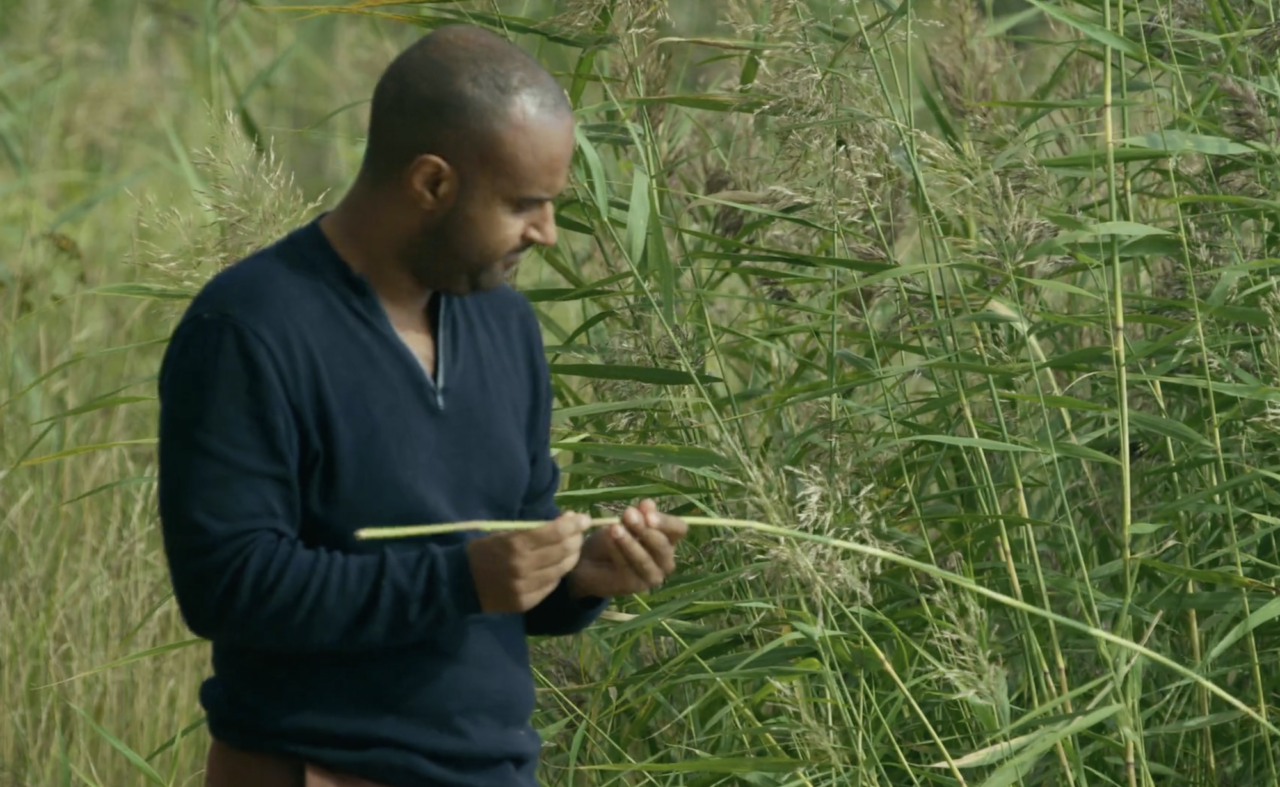
Since 3 July this year, EU countries are no longer allowed to put plastic straws on the market. For entrepreneur Eyoel Lundberg, this was good news. He claims to have found the perfect replacement for the plasticky pipe – and that innovation comes from the sea
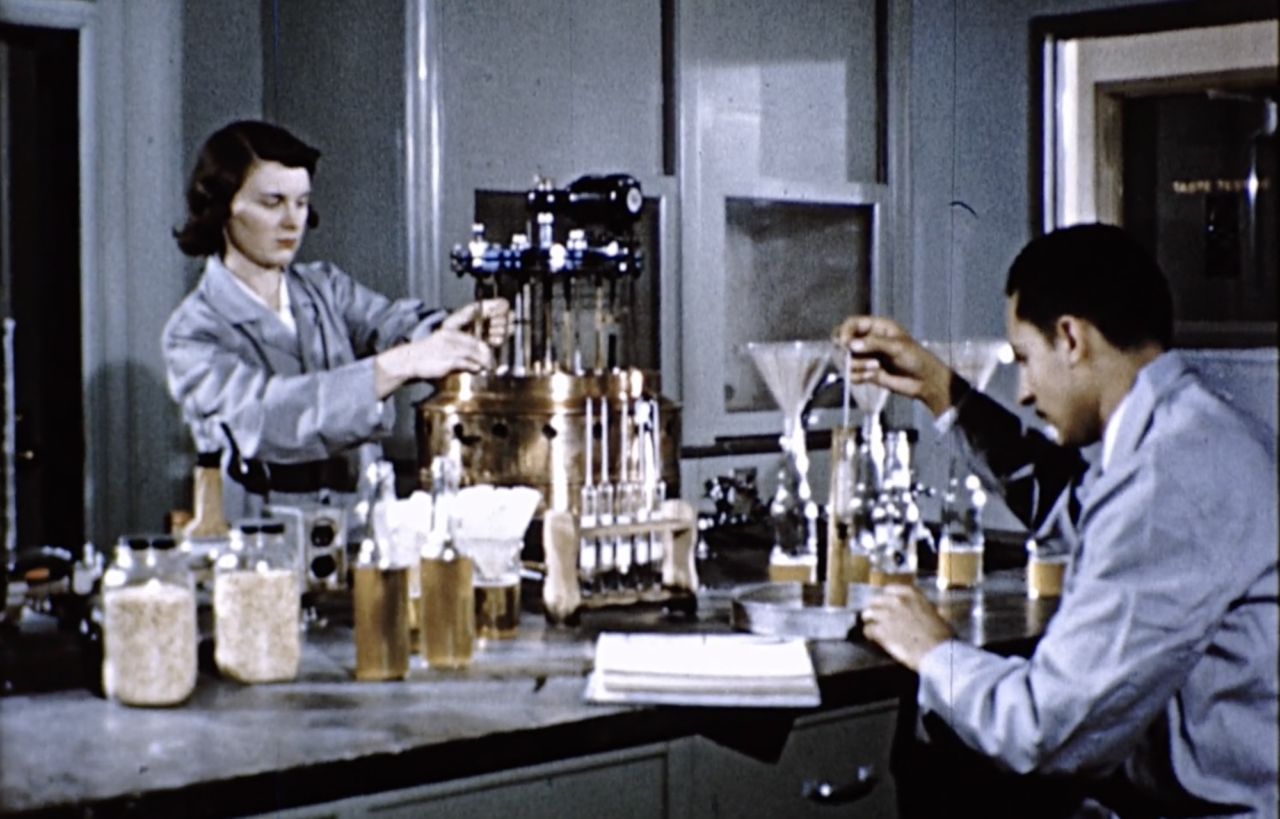
Never before have there been so many different chemicals in our world. The production of plastics, pesticides and not least pharmaceuticals has created a chemical cloud around us